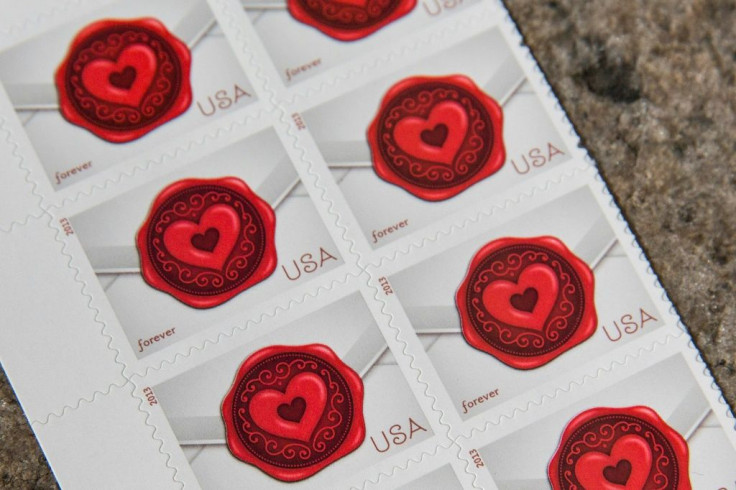US Set To Stay In Global Postal Union After Reform Deal Reached

The United States is set to remain in the UN postal agency after member states on Wednesday decided to reform the body to address Washington's criticism that its rules unfairly benefit China.
The Universal Postal Union's 192 members agreed by acclamation to a compromise supported by the US to reform the system used to determine the rates countries' postal services can charge for ensuring that packages from abroad reach their final destination.
Following days of intense negotiations in Geneva, the parties gathered for only the third extraordinary congress in UPU's 145-year history opted for a compromise under the looming threat of a US pull-out.
President Donald Trump's administration announced last October that it planned to withdraw from the UPU in a year unless it underwent dramatic reform.
UPU chief Bishar Hussein had warned Tuesday that if Washington did withdraw, it would cause a "total disruption" of the postal service in the country and dramatic hikes to consumer costs.
Trump's 'objectives' met
Trump's hardline trade advisor Peter Navarro insisted earlier this week that the US was well-prepared for "a possible seamless exit" if no acceptable reform agreement could be reached.
But shortly before Wednesday's decision, he told the assembly that the reform proposal, which implies that countries will be permitted as of next year to gradually set their own rates for postal deliveries, "does indeed meet the objectives that President Donald J. Trump gave me."
He vowed that if the UPU members voted for the proposal "in its entirety" the US would stay.
"Let's get this done," he said.
The standoff at the UPU, which sets international postal rates, came amid Trump's broader trade battle with China, with the US charging that the current system penalises American businesses.
The agency, based in Bern, has until now determined what rates national postal services can charge for ensuring that packages sent from abroad are delivered to their final destination.
It has long imposed lower prices for bulky letters and small parcels coming from emerging and developing countries, a group that still includes China.
Navarro has maintained that under the current system it costs more to send a package from Los Angeles to New York than from Beijing to New York, penalising US small businesses and manufacturers.
According to Washington, it costs the US $300-500 million annually under the current system.
The US had pushed for a radical and immediate reform of the UPU enabling members to "immediately self-declare rates", but that option was voted down on Tuesday.
Navarro had however said the US would be open to a "multi-speed option", that would allow a transition period for countries to transition to self-declared rates.
© Copyright AFP {{Year}}. All rights reserved.





















